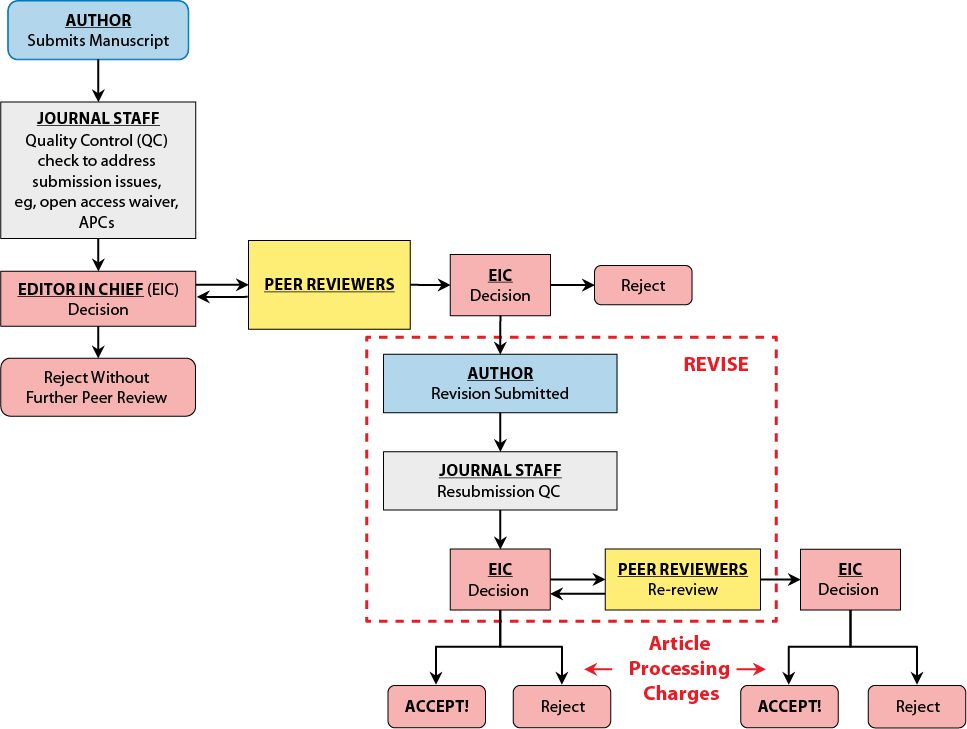The Primary Care Companion
Information for Reviewers
Learn the comprehensive guidelines and essential information for reviewing articles to ensure the highest standards of scholarly publication.
The Primary Care Companion
Learn the comprehensive guidelines and essential information for reviewing articles to ensure the highest standards of scholarly publication.
Expand All
Back to top
Manuscripts that meet the journal’s scope and submission criteria are sent to expert consultants for peer review. CME credit may be awarded for excellent and timely reviews. All invited and prospective reviewers should carefully read the below policies and procedures. If you would like to be a peer reviewer, please send your CV to [email protected].

Confidentiality
Conflict of Interest. Reviewers who have a financial or personal conflict of interest related to a manuscript are obligated to decline the reviewer position.
Time Sensitivity. Out of fairness to our authors, we need to respond to them in a timely manner with any suggestions or recommendations. If you would like to review the manuscript but your current activities prevent you from submitting comments within the requested 3 weeks, please contact the Managing Editor immediately to request an extension.
Concern About Possible Ethics Violations. If you suspect ethical violations in a manuscript under review (eg, misconduct, plagiarism, duplicate submission), we request that you note this in your confidential comments to the Editor. Please refer to COPE Ethical Guidelines for Peer Reviewers for further discussion of ethical standards for peer review.
Back to top
Reviewers are selected in multiple ways:
Receiving an Invitation to Review. If you are invited to review a manuscript, you will receive a “Request to Review” email with the manuscript’s title and abstract and the deadline when the review is expected. From this email, you can either accept or decline the invitation. An RSVP in a timely fashion is appreciated so that we may secure a replacement reviewer if you are unavailable.
Deciding Whether to Accept an Invitation to Review. Consider your schedule.
Accepting the Invitation to Review. Upon accepting an invitation, you will receive an email with instructions that guide you through accessing the manuscript and submitting your review. If you have not previously registered in the journal’s online submission system, you will receive an email notifying you that journal staff has registered you by proxy. This email will direct you on how to obtain a password and create a profile.
Accessing the Manuscript and Completing Your Review. You will access the manuscript and review form by clicking a link in the “Thank you for agreeing to review” email.
Here’s an overview of the reviewer steps:
Tips for structuring your comments to the authors:
Providing confidential comments to the editor: This step is optional but encouraged, as it can be invaluable in helping the editor make a better-informed decision.
COPE Ethical Guidelines for Peer Reviewers:
https://publicationethics.org/files/Peer%20review%20guidelines.pdf
Peer Review: The Nuts and Bolts:
https://senseaboutscience.org/wp-content/uploads/2016/09/peer-review-the-nuts-and-bolts.pdf
Back to top
Three weeks from the date of acceptance, with an additional 2-week grace period provided the journal is contacted for an extension. Note: Timeliness of the review will be considered when determining whether your review qualifies for CME credit.
Yes. Once a decision is made, you will be able to access the decision letter that includes blinded reviewer comments.
If you are asked to review the revised manuscript, you will see the author’s replies to your initial comments. Most often, however, the Editor can make a judgment on the disposition of the manuscript without necessitating re-review.
No. Doing so would jeopardize reviewer confidentiality, which is a condition of your agreement to participate as a peer reviewer. If you need a letter from the journal for your curriculum vitae on the quantity of manuscripts reviewed, in addition to any applicable CME credit certificates, you may contact the journal: [email protected].
You must fulfill 2 obligations to receive credit:
The Editor will review the timeliness and quality of your review to determine if it qualifies for CME credit. If it has met these 2 criteria, you will be sent an email from the journal with instructions to claim CME credit.
The ACCME allows you to claim up to a total of 15 AMA PRA Category 1 Credits™ for peer reviews each year. This total represents the combined reviews you contribute for all journals. While you may not claim credits above 15, you can still obtain a certificate for your records. The service you provide by doing the peer review is priceless.

